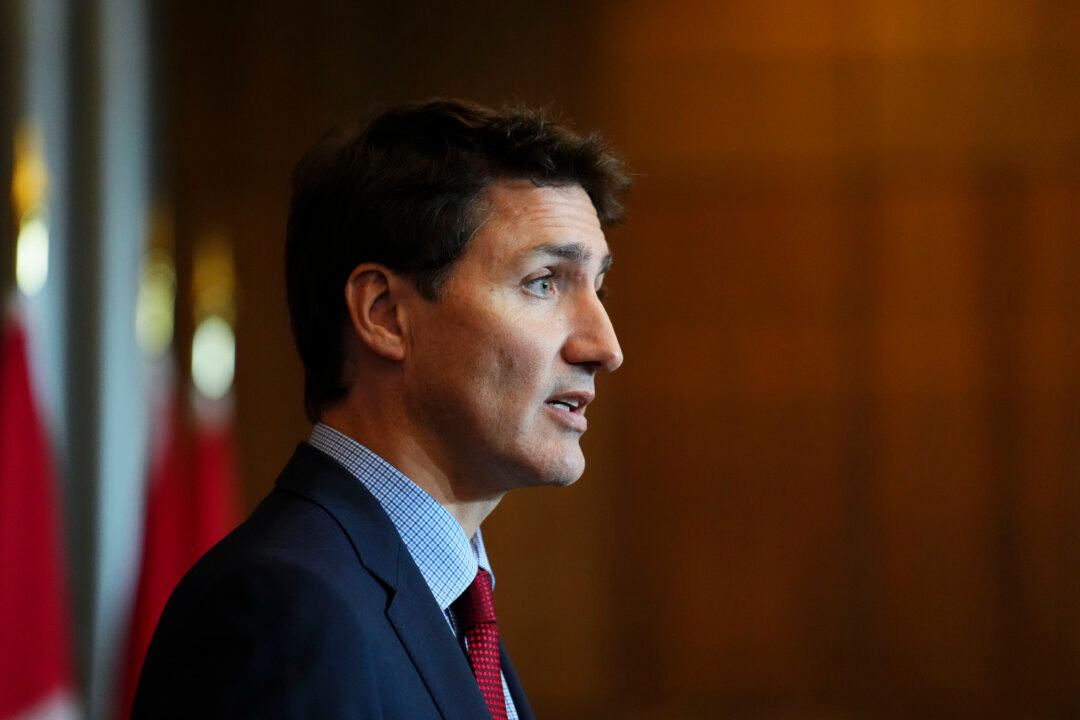Prime Minister Justin Trudeau has responded to questions about a recent news report alleging that at least 11 federal candidates, whose party affiliations weren’t revealed, received funding from the Chinese Communist Party (CCP) in the 2019 federal election.
“State actors from around the world, whether it’s China or others, are continuing to play aggressive games with our institutions, with our democracies,” Trudeau said at a press conference in Laval, Quebec, on Nov. 7.





